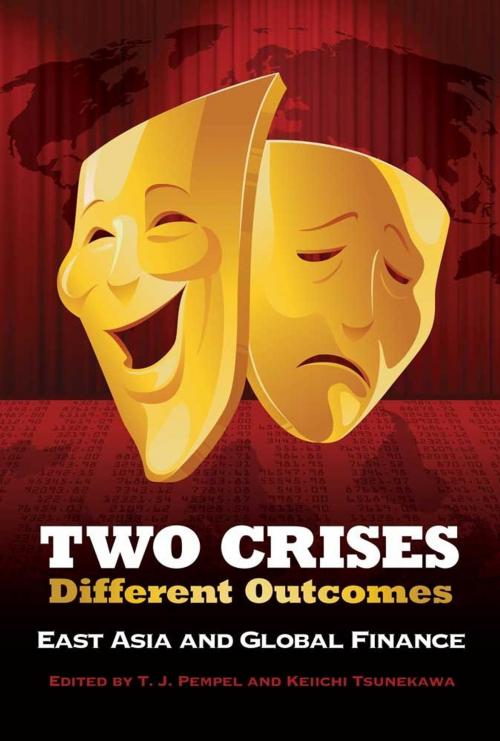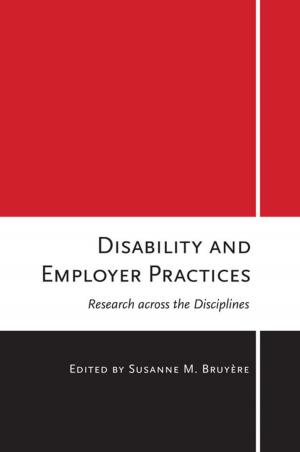Two Crises, Different Outcomes
East Asia and Global Finance
Nonfiction, Social & Cultural Studies, Political Science, Politics, Economic Conditions, History, Asian, Asia, Business & Finance| Author: | ISBN: | 9780801455018 | |
| Publisher: | Cornell University Press | Publication: | May 6, 2015 |
| Imprint: | Cornell University Press | Language: | English |
| Author: | |
| ISBN: | 9780801455018 |
| Publisher: | Cornell University Press |
| Publication: | May 6, 2015 |
| Imprint: | Cornell University Press |
| Language: | English |
Two Crises, Different Outcomes examines East Asian policy reactions to the two major crises of the last fifteen years: the global financial crisis of 2008–9 and the Asian financial crisis of 1997–98. The calamity of the late 1990s saw a massive meltdown concentrated in East Asia. In stark contrast, East Asia avoided the worst effects of the Lehman Brothers collapse, incurring relatively little damage when compared to the financial devastation unleashed on North America and Europe. Much had changed across the intervening decade, not least that China rather than Japan had become the locomotive of regional growth, and that the East Asian economies had taken numerous steps to buffer their financial structures and regulatory regimes. This time Asia avoided disaster; it bounced back quickly after the initial hit and has been growing in a resilient fashion ever since.
The authors of this book explain how the earlier financial crisis affected Asian economies, why government reactions differed so widely during that crisis, and how Asian economies weathered the Great Recession. Drawing on a mixture of single-country expertise and comparative analysis, they conclude by assessing the long-term prospects that Asian countries will continue their recent success.
Two Crises, Different Outcomes examines East Asian policy reactions to the two major crises of the last fifteen years: the global financial crisis of 2008–9 and the Asian financial crisis of 1997–98. The calamity of the late 1990s saw a massive meltdown concentrated in East Asia. In stark contrast, East Asia avoided the worst effects of the Lehman Brothers collapse, incurring relatively little damage when compared to the financial devastation unleashed on North America and Europe. Much had changed across the intervening decade, not least that China rather than Japan had become the locomotive of regional growth, and that the East Asian economies had taken numerous steps to buffer their financial structures and regulatory regimes. This time Asia avoided disaster; it bounced back quickly after the initial hit and has been growing in a resilient fashion ever since.
The authors of this book explain how the earlier financial crisis affected Asian economies, why government reactions differed so widely during that crisis, and how Asian economies weathered the Great Recession. Drawing on a mixture of single-country expertise and comparative analysis, they conclude by assessing the long-term prospects that Asian countries will continue their recent success.















